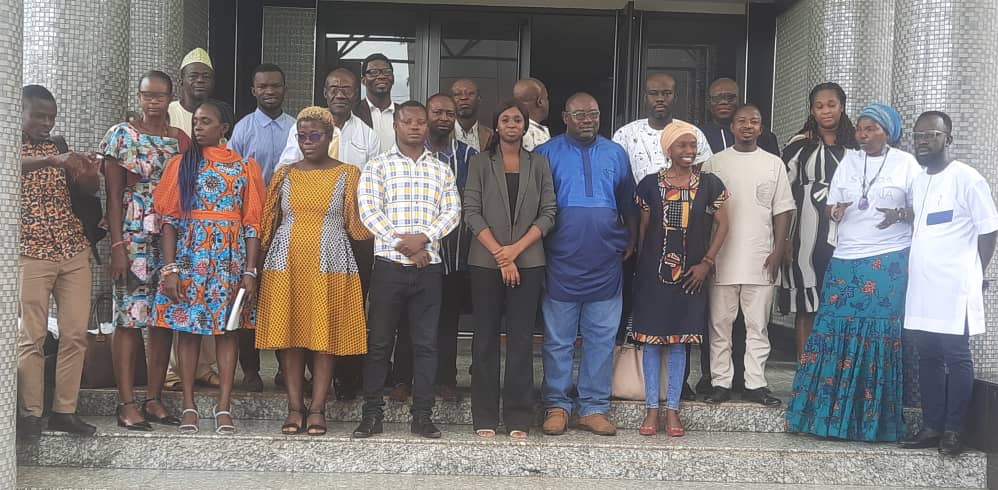Read in
The African Center for Economic Transformation (ACET), has called for a shift towards climate smart agriculture, which involves use of improved certified seeds and other technologies to increase food production whilst protecting the environment.
The call was made at the Ghana Compact Technical Consultation on Climate to develop a well-structured long-term plan, built on the consensus of various actors in the environmental chain to address the increasing temperature, erratic rainfall, and consistent flooding in Ghana.
It is further to complement the current efforts by the government to address issues of climate change, which has demonstrated its vulnerability to the climate change crisis.
To ensure success of the programme, participants at a Ghana Compact Technical Consultation on Climate attending an event hosted in Tamale by the African Center for Economic Transformation (ACET), called for a shift towards climate smart agriculture, which involves use of improved certified seeds and other technologies to increase food production whilst protecting the environment.
They have also called for a combination of food crops’ production and tree planting (agro-forestry) to tackle carbon issues while ensuring food security.
Again, they advocated tailored radio programmes on climate change and weather reports delivered to farmers’ mobile phones to learn best agricultural practices to improve production whilst protecting the environment.
The event drew participants from research institutions, academia, non-governmental organisations, media practitioners amongst others, to deliberate on how to address the climate and environmental challenges confronting the country.
Dr Garzali Issahaku, from the Department of Food Security and Climate Change, University for Development Studies (UDS), who is currently on secondment to the Bagabaga College of Education as its Principal, touched on ways the country could achieve the global mitigation targets and at the same time increase food production.
Dr Issahaku argued that; “Going full-time afforestation is dangerous when you have an agrarian society. If we want to achieve the objective of climate smartness in terms of carbon sequestration in terms of mitigation; Ghana meeting her mitigation targets, then, we should go in for agro-forestry where we combine our tree crop production as well as food crops so that we can still meet our food needs and still achieve the global mitigation targets.”
He called for commitment and collaboration to finance climate mitigation plans for effective implementation to help tackle climate and environmental challenges confronting the country.
Professor Abukari Alhassan, Director for the West African Centre for Shea Innovation and Research, UDS, said, “Afforestation is one of the very key areas, especially in terms of embarking on the planting of shea trees, which we all know, according to research, that it can sequester carbon, that is, it can tap the carbon into the shea tree that can also help to reduce some of these greenhouse emissions that we have.”
Mr Habib Haruna, Chief Executive Officer, Pure Trust Foundation lauded the recommendation to invest in women’s knowledge on climate change to increase their voices on issues of climate change adding, “There is also need to invest in access to production equipment and resources for women to be able to adapt to climate change issues.”
Professor John Asafu Adjaye, Senior Fellow, ACET said the inputs gathered during the event in Tamale and other parts of the country would culminate into a citizens’ compact, which would provide alternative options for the country to enhance climate resilience and adaptability strategies for reducing carbon emissions.
Source: GNA



